Humans of Harker: Divija Bhimaraju’s effervescent character energizes others
Nerine Uyanik
“A lot of people think that being positive and optimistic is not the same as being realistic,” Divija Bhimaraju (12) said. “I think that that’s a terrible way to look at life because ideals get the world moving. If you don’t have an ideal––part of the word ‘ideal’ is the word ‘idea’––if you don’t have an idea, if you don’t want to take the world forward, if you’re satisfied with where we are, then there’s never progress. There’s never growth or change. That isn’t to say that you shouldn’t be happy with the status quo because I’m a firm believer of living in the moment, but I think there needs to be a balance between accepting the situation right now and also thinking about what you can do in the future. The minute that we as a culture stop looking forward, stop trying to grow and improve, is the minute that we start losing purpose.”
February 5, 2018
Barefoot, Divija Bhimaraju (12) sat cross-legged on the tables in English teacher Christopher Hurshman’s classroom. She kept her eyes glued to her phone, pretending not to listen as her Russian Literature teacher divulged memorable stories involving his effervescent student.
“There was the time Divija was discussing how to survive if she was abandoned on campus for a weekend,” Hurshman said, chuckling at the memory. “Like how she would hide from security, how she would manage not to get caught by Mr. Lawson, how she would take a younger student under her wing and teach her how to survive.” He laughed harder.
Divija, unable to feign disinterest any longer, giggled as she joined the interview-turned-conversation.
“That was so good!” she said. “That film should totally be made.”
The saga resumed.
“Oh yes, yes, and supplies would be airdropped in so that she could continue to survive,” Hurshman said. “Including samosas individually being dropped to her.”
Hurshman, who was also Divija’s teacher in her sophomore year, recovered from his fits of laughter to describe further episodes featuring Divija.
“She will also show up unexpectedly, like from a debate that she was having with somebody else,” Hurshman said. “She’ll just walk in and say, ‘What does this word mean?’ and then I will explain it, and then she will go back out and say ‘I told you!’ to [whomever] she was arguing with.”
From discussing the portrayal of the Israeli-Palestinian conflict to reenacting one of her multiple falls off her chair during English class, Divija finds meaning through these meandering discussions on couches, laughs ringing out and meaning running deep.
“She is good at talking to people, making people comfortable and not afraid to reach out and ask questions,” her close friend Millie Lin (12) said. “This is also something she enjoys doing too. She isn’t just trying to ask questions to get answers or get resources, she loves to interact with people. As a result, it is really fulfilling for anybody to talk to Divija. After you talk to her, you feel much better about life.”
Millie also recognizes Divija’s positivity and open-mindedness.
“She likes to take the optimistic view and not look too harshly on people,” Millie said. “She tries to evaluate people from a very human and empathetic perspective.”
Divija believes that optimism is not a counter to realism, challenging views that the two are mutually exclusive.
“A lot of people think that being positive and optimistic is not the same as being realistic,” Divija said. “I think that that’s a terrible way to look at life because ideals get the world moving. If you don’t have an ideal––part of the word ‘ideal’ is the word ‘idea’––if you don’t have an idea, if you don’t want to take the world forward, if you’re satisfied with where we are, then there’s never progress. There’s never growth or change. That isn’t to say that you shouldn’t be happy with the status quo because I’m a firm believer of living in the moment, but I think there needs to be a balance between accepting the situation right now and also thinking about what you can do in the future. The minute that we as a culture stop looking forward, stop trying to grow and improve, is the minute that we start losing purpose.”
Hurshman described Divija’s energy as “effervescent.”
“When she’s part of a group, that group’s energy tends to go up because she’s enthusiastic and she expresses that enthusiasm without hesitation,” he said. “I think it’s fairly common among people in general to adopt a very ironic pose towards everything, [but] Divija doesn’t seem to have that. She doesn’t have that attitude. She’s willing to be sincere and sincerely excited about things, which I think kind of makes her stand out, and it has an impact on all the people around her because I think when one person is being that way, everybody else feels like they have permission to be that way too.”
In a separate interview on the same couch, friend and classmate Andrew Semenza (12) also labelled Divija “effervescent.” So in agreement were Hurshman and Andy that Hurshman interjected with “Stop it!”, claiming the word for himself to describe Divija’s character.
“When we read literature, she becomes enraged at certain characters,” Andrew said. “Because of who she is, [and] this desire to have a deep connection with people, she’s utterly incapable of dissociating herself from the literature, as some people are all too willing to do, and so she does not hold back whatsoever from vigorously letting everyone around her know what her opinions are about characters in literature. So, we would get into really aggressive arguments about the morality of a certain figure. It’s kind of indicative of the way our interactions work—they range from meditative and contemplative to really combative.”
But for Divija, this isn’t a preference for conflict. It is what Hurshman described as productive conflict––the result of being honest about what truly matters.
“I feel like I’m very opinionated, but I’m very accepting,” Divija said. “Sometimes people think that if you present opinions, or you want to have discussions, you’re determined to be right, but for me, I really want to have a conversation. I’m part of two different cultures that frequently and irreconcilably collide, so I really like having discussions with people, and I like having an open forum where things can be said and people can be heard. I think that in a lot of things in life, there’s no right or wrong answer.”































![Setter Emma Lee (9) sets the ball to the middle during the match against Pinewood on Sept. 12. “[I’m looking forward to] getting more skilled, learning more about my position and also becoming better friends with all of my teammates, Emma said.](https://harkeraquila.com/wp-content/uploads/2023/09/DSC_4917-2-1200x795.jpg)
































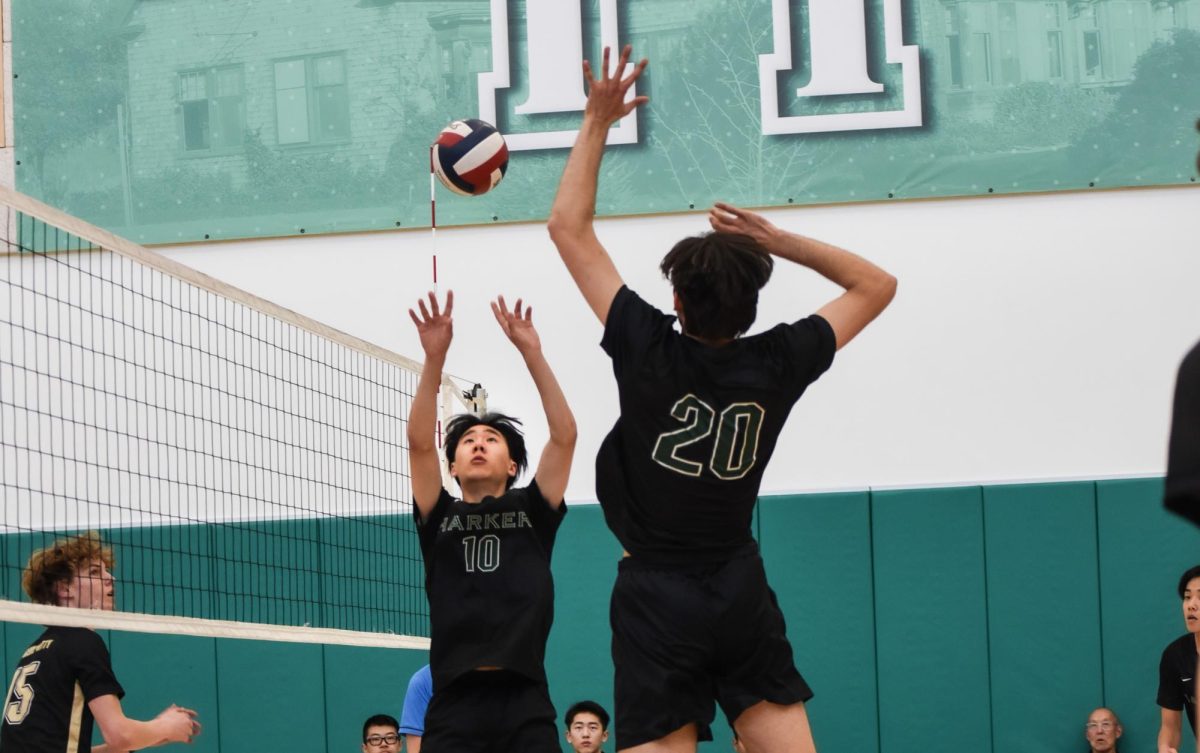
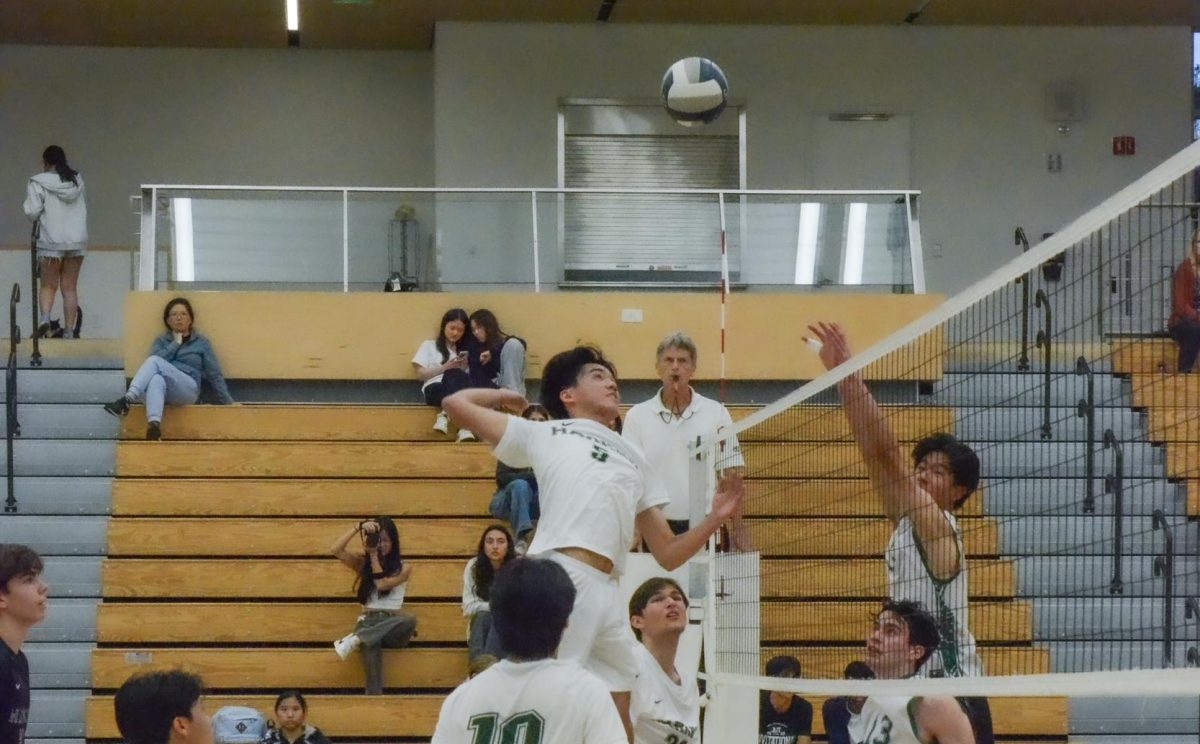
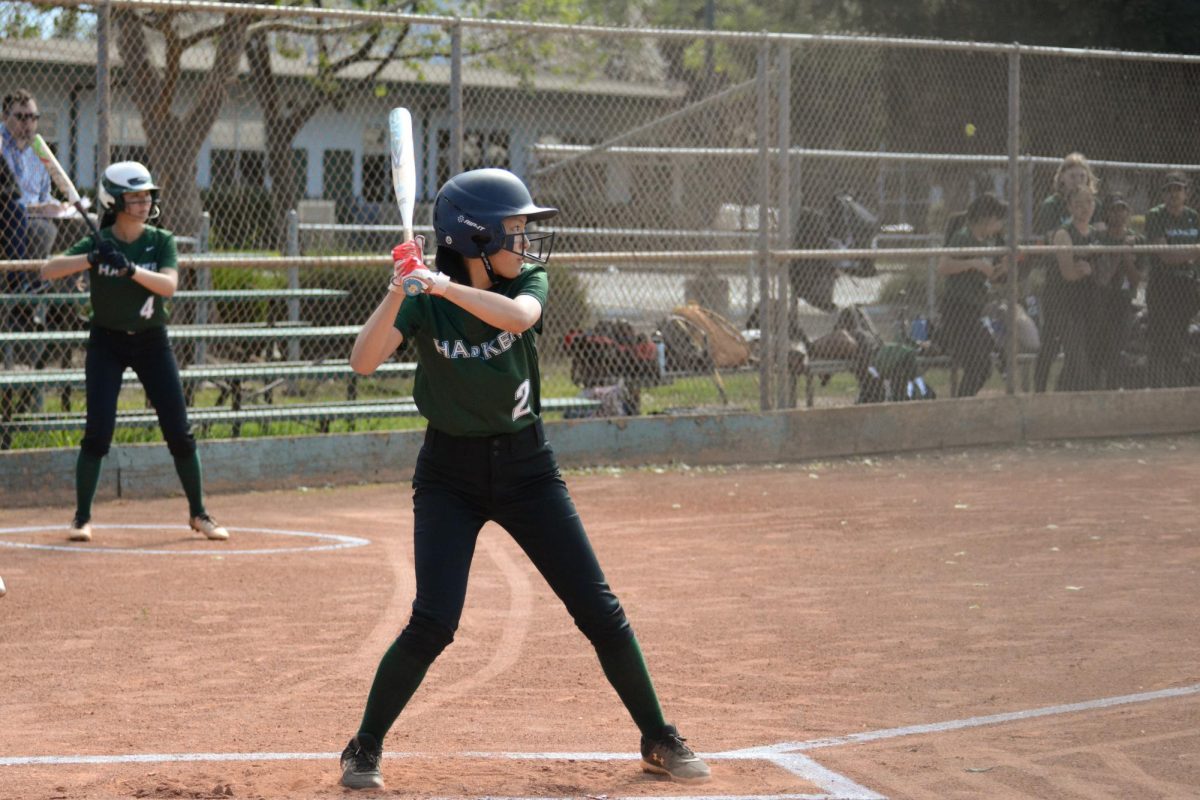
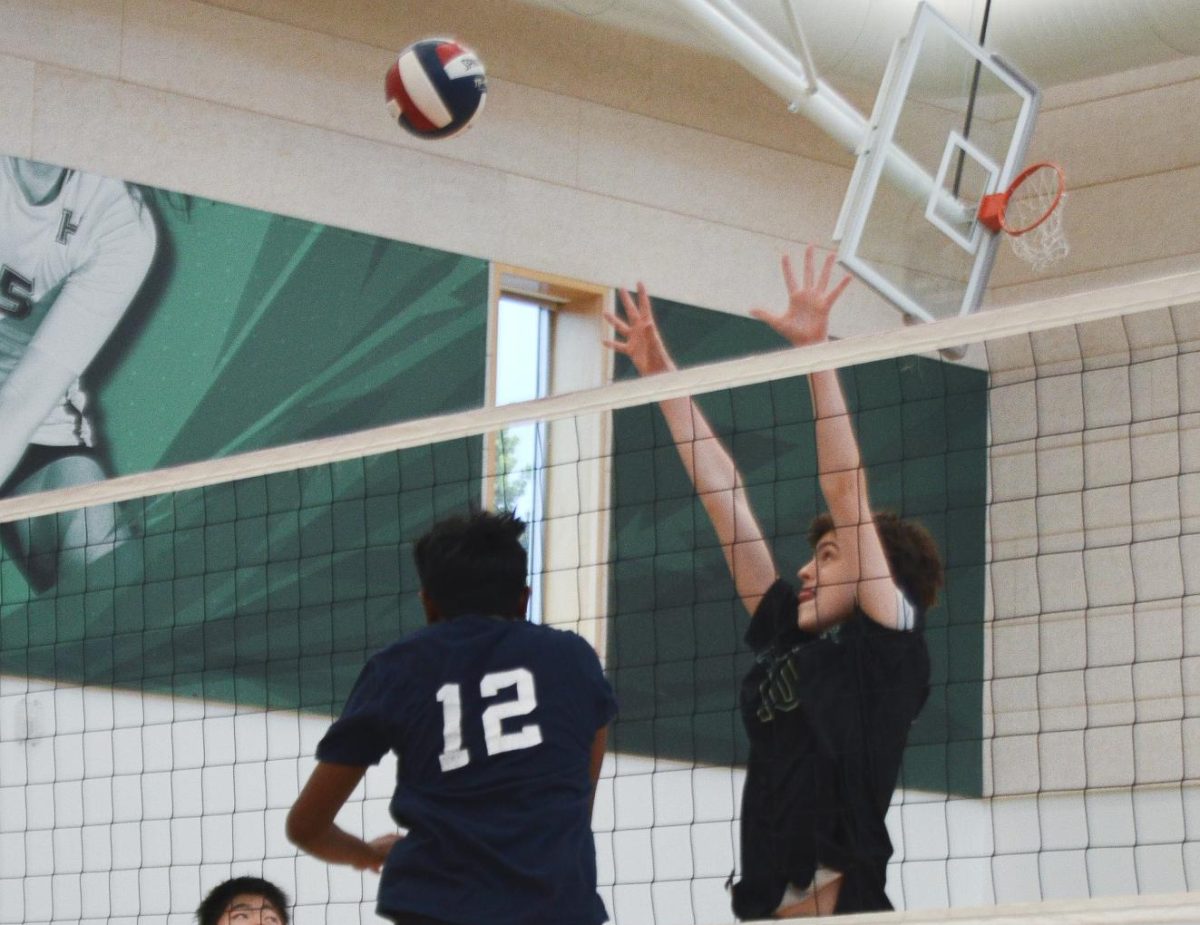
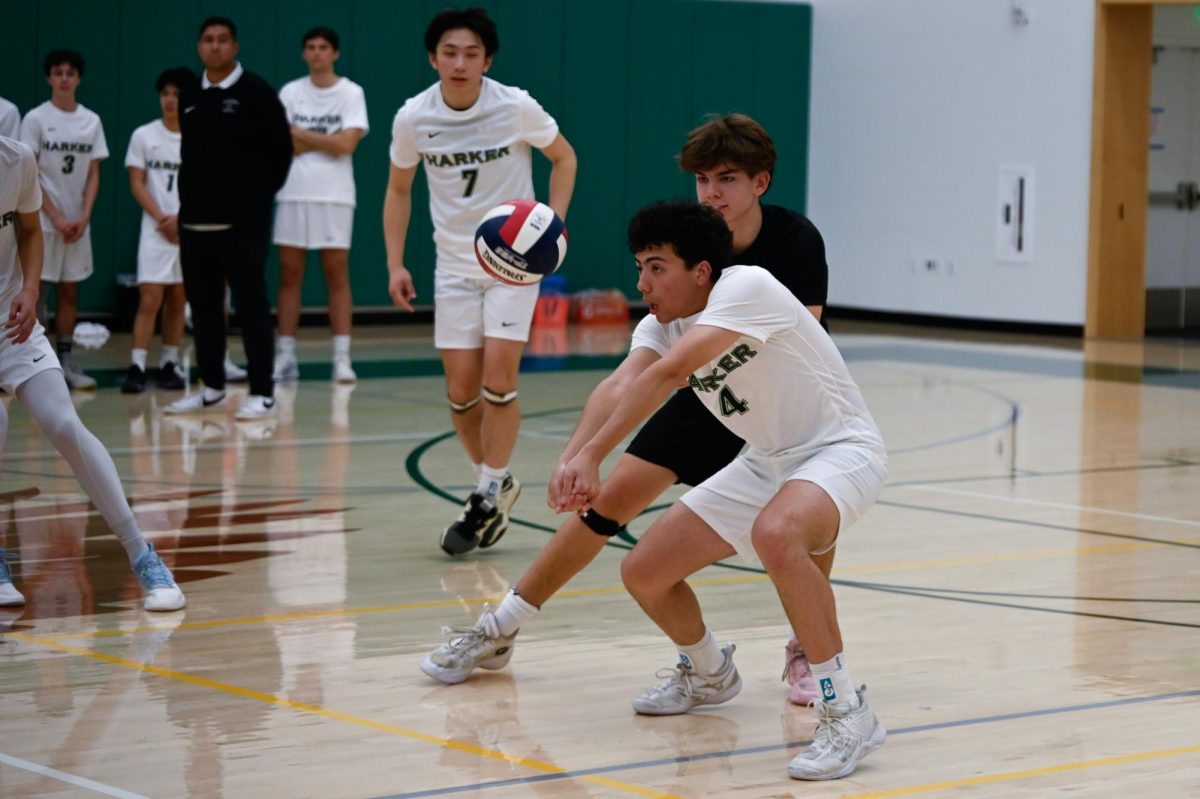



























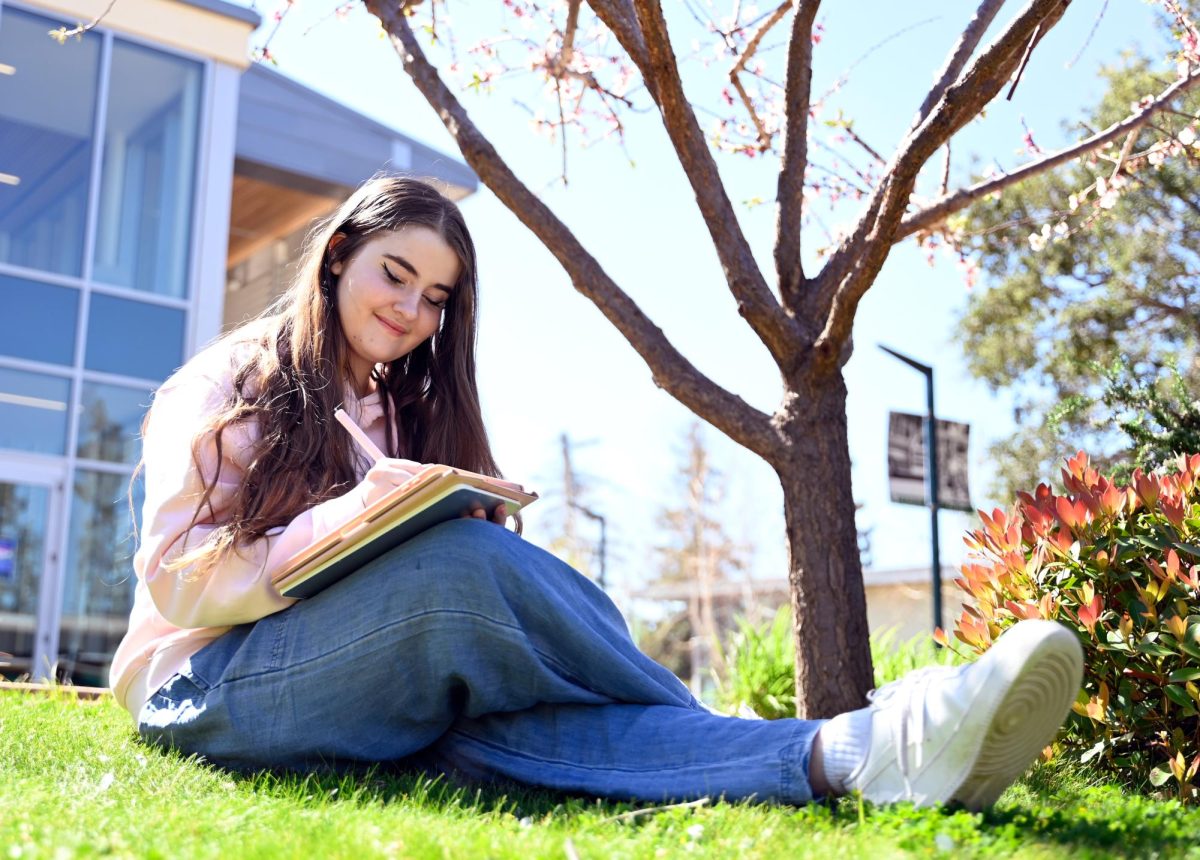
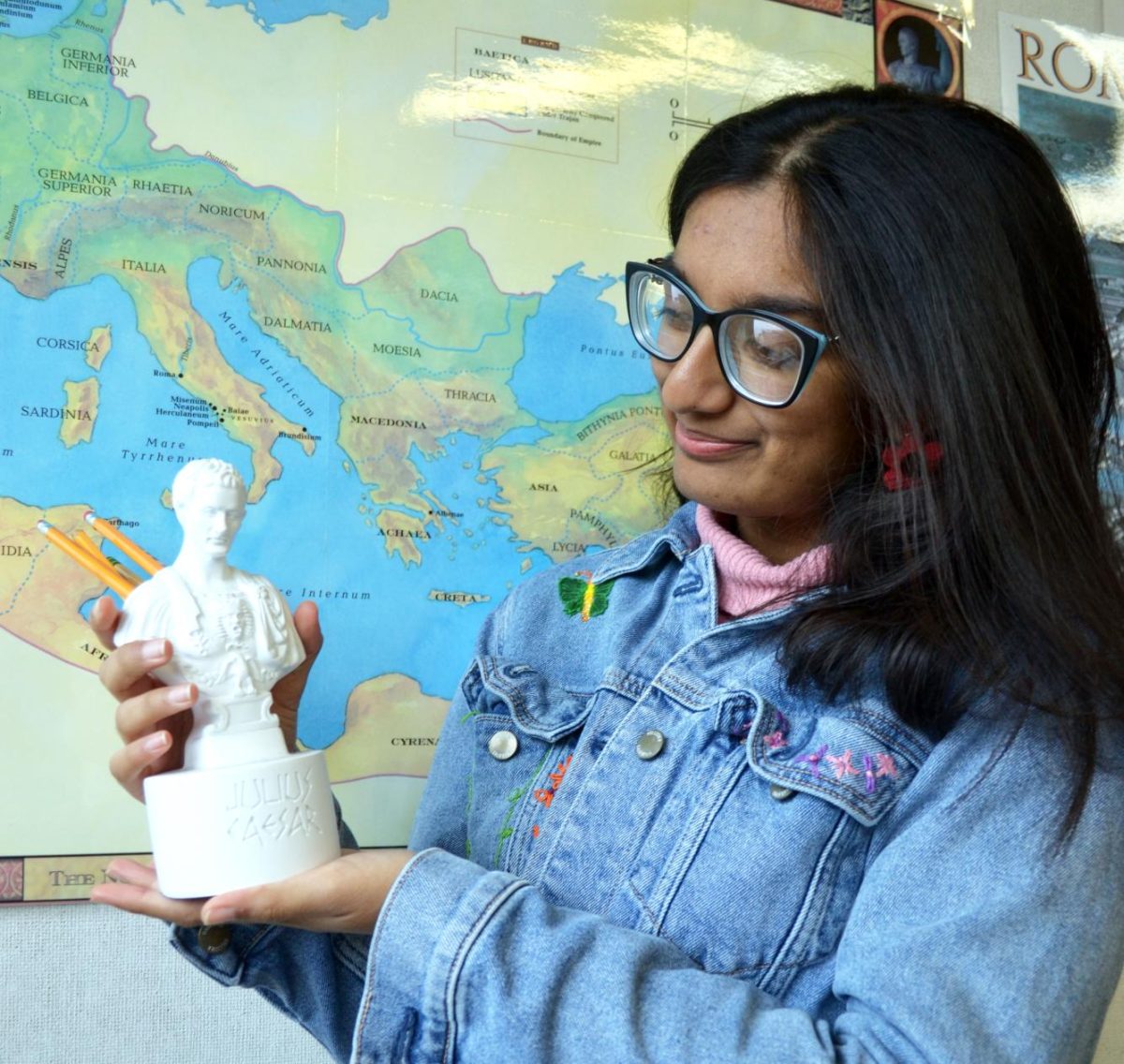
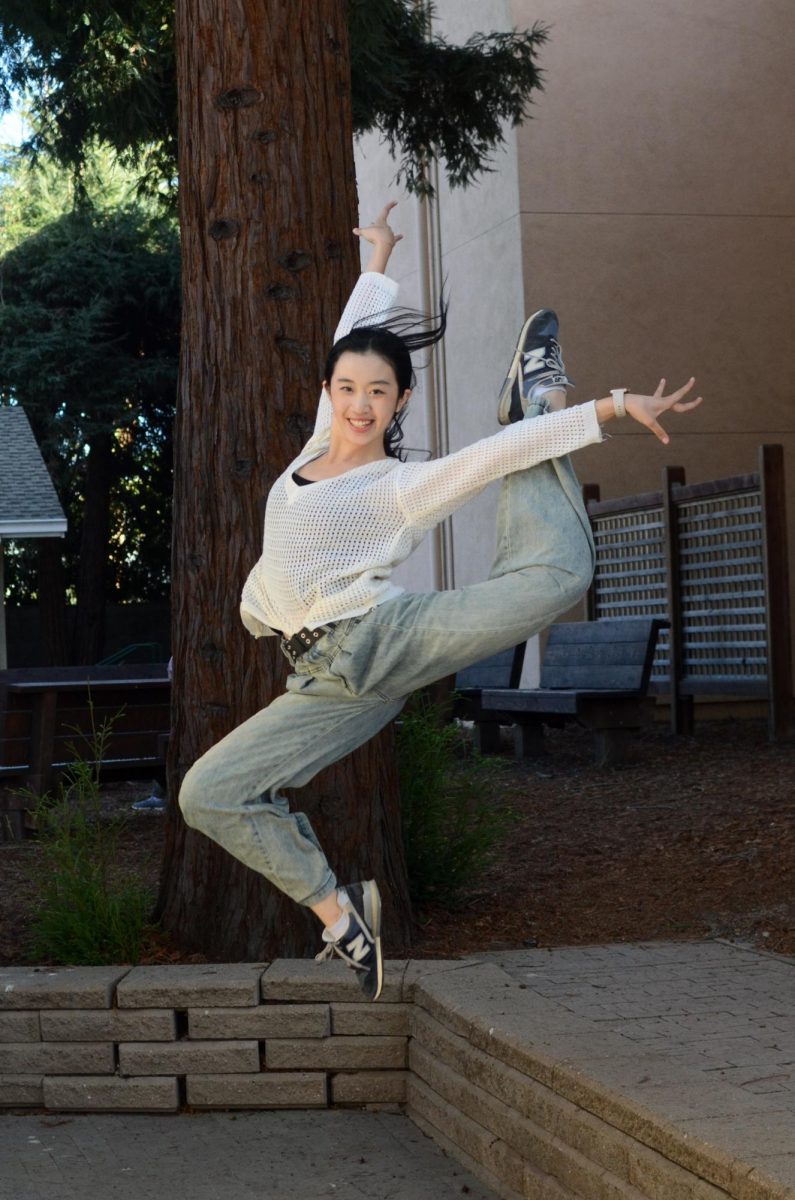
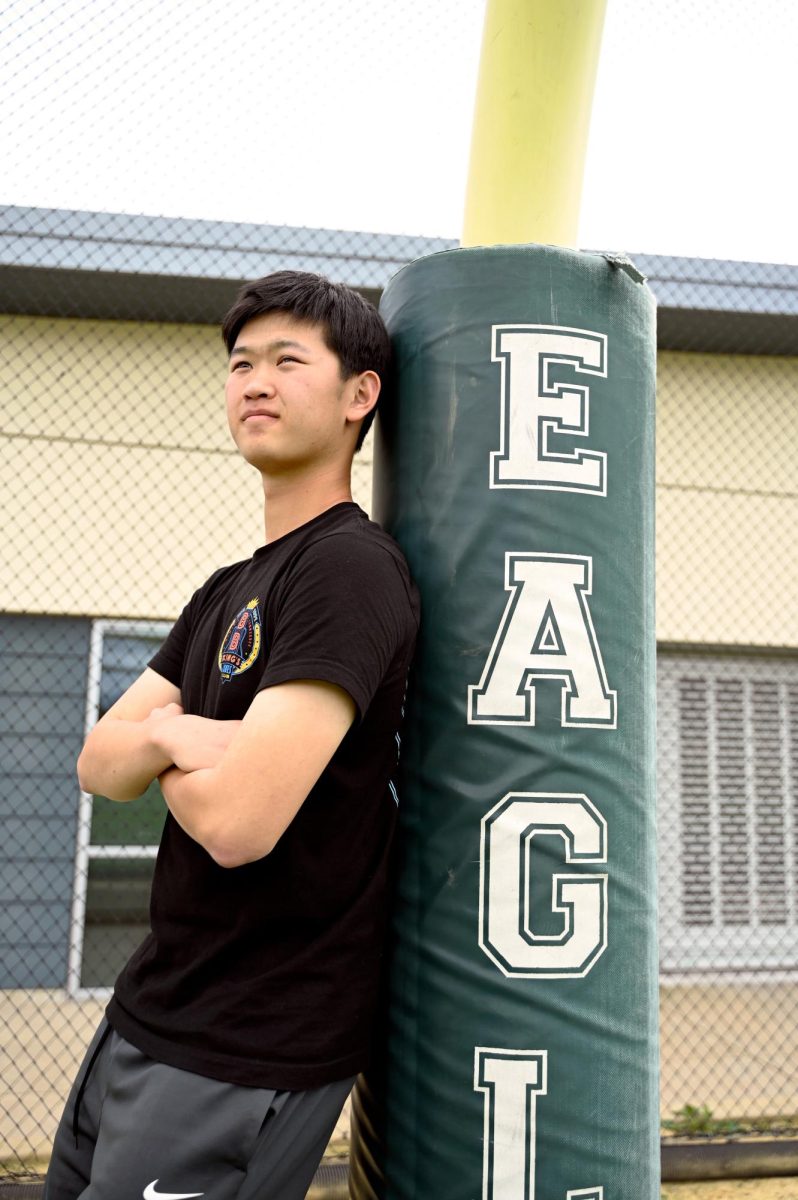
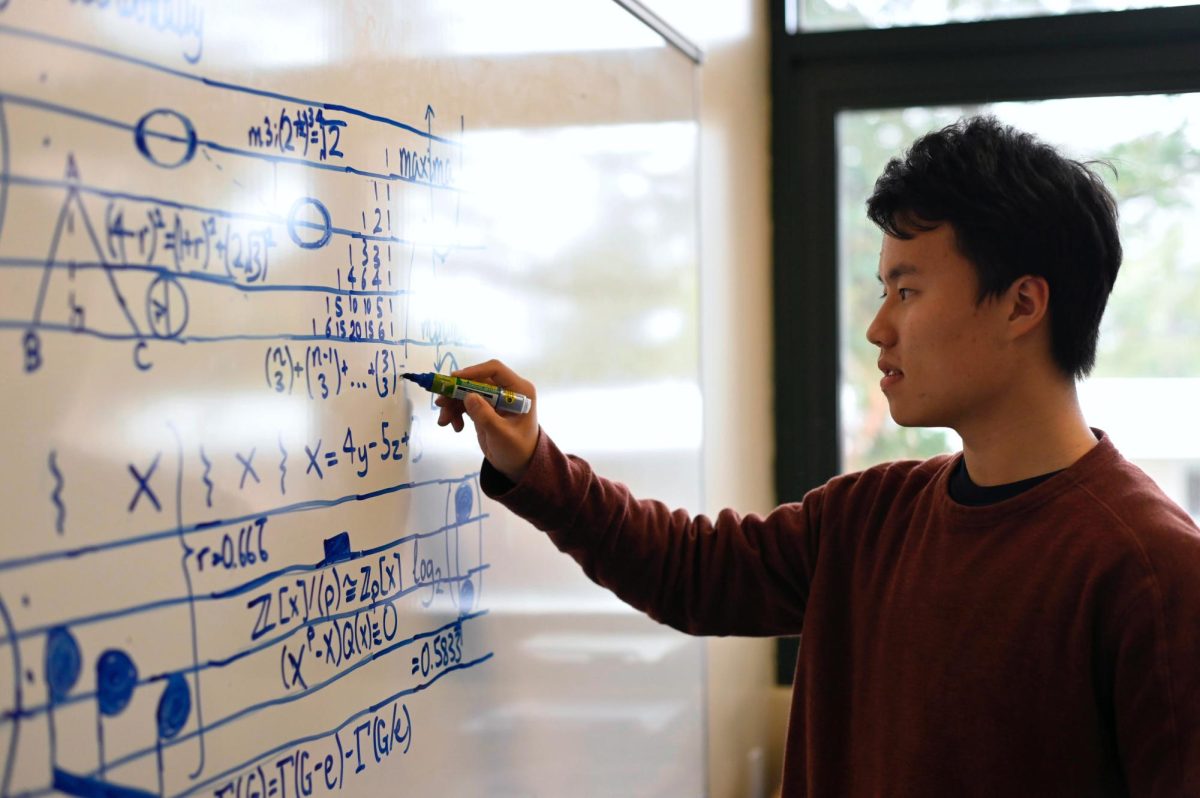
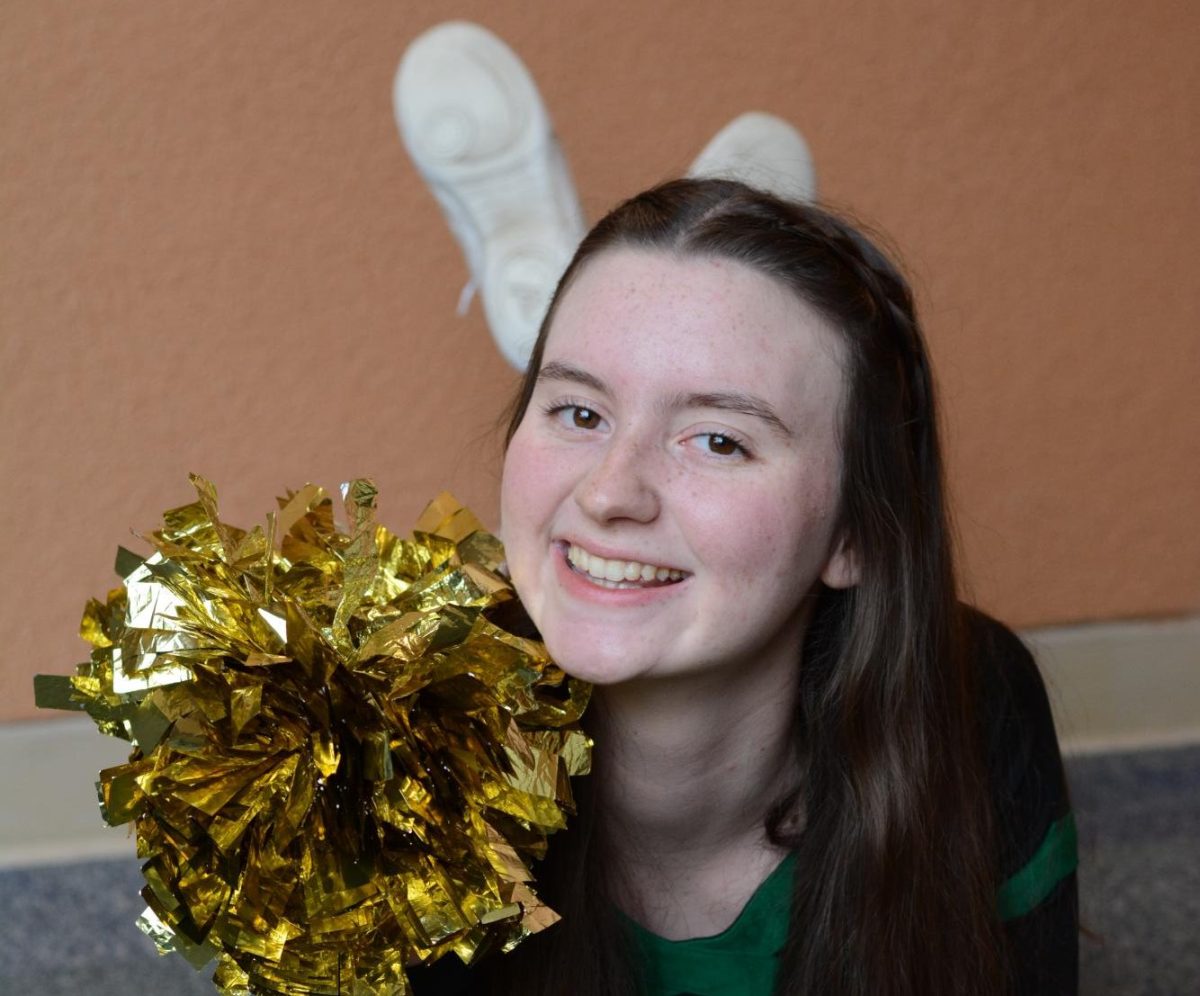








![“[Building nerf blasters] became this outlet of creativity for me that hasnt been matched by anything else. The process [of] making a build complete to your desire is such a painstakingly difficult process, but Ive had to learn from [the skills needed from] soldering to proper painting. Theres so many different options for everything, if you think about it, it exists. The best part is [that] if it doesnt exist, you can build it yourself, Ishaan Parate said.](https://harkeraquila.com/wp-content/uploads/2022/08/DSC_8149-900x604.jpg)


![“Animation just clicked in a way. I had been interested in art, but that felt different. [Animation] felt like it had something behind it, whereas previous things felt surface level. I wasnt making that crazy of things, but just the process of doing it was much more enjoyable, Carter Chadwick (22) said.](https://harkeraquila.com/wp-content/uploads/2022/08/Screen-Shot-2022-08-16-at-9.44.08-AM-900x598.png)


![“When I came into high school, I was ready to be a follower. But DECA was a game changer for me. It helped me overcome my fear of public speaking, and its played such a major role in who Ive become today. To be able to successfully lead a chapter of 150 students, an officer team and be one of the upperclassmen I once really admired is something Im [really] proud of,” Anvitha Tummala (21) said.](https://harkeraquila.com/wp-content/uploads/2021/07/Screen-Shot-2021-07-25-at-9.50.05-AM-900x594.png)



![“[Volleyball has] taught me how to fall correctly, and another thing it taught is that you don’t have to be the best at something to be good at it. If you just hit the ball in a smart way, then it still scores points and you’re good at it. You could be a background player and still make a much bigger impact on the team than you would think,” Anya Gert (’20) said.](https://harkeraquila.com/wp-content/uploads/2020/06/AnnaGert_JinTuan_HoHPhotoEdited-600x900.jpeg)

![“Im not nearly there yet, but [my confidence has] definitely been getting better since I was pretty shy and timid coming into Harker my freshman year. I know that theres a lot of people that are really confident in what they do, and I really admire them. Everyones so driven and that has really pushed me to kind of try to find my own place in high school and be more confident,” Alyssa Huang (’20) said.](https://harkeraquila.com/wp-content/uploads/2020/06/AlyssaHuang_EmilyChen_HoHPhoto-900x749.jpeg)













![“My slogan is ‘slow feet, don’t eat, and I’m hungry.’ You need to run fast to get where you are–you arent going to get those championships if you arent fast,” Angel Cervantes (12) said. “I want to do well in school on my tests and in track and win championships for my team. I live by that, [and] I can do that anywhere: in the classroom or on the field.”](https://harkeraquila.com/wp-content/uploads/2018/06/DSC5146-900x601.jpg)

![“I think getting up in the morning and having a sense of purpose [is exciting]. I think without a certain amount of drive, life is kind of obsolete and mundane, and I think having that every single day is what makes each day unique and kind of makes life exciting,” Neymika Jain (12) said.](https://harkeraquila.com/wp-content/uploads/2017/06/Screen-Shot-2017-06-03-at-4.54.16-PM.png)





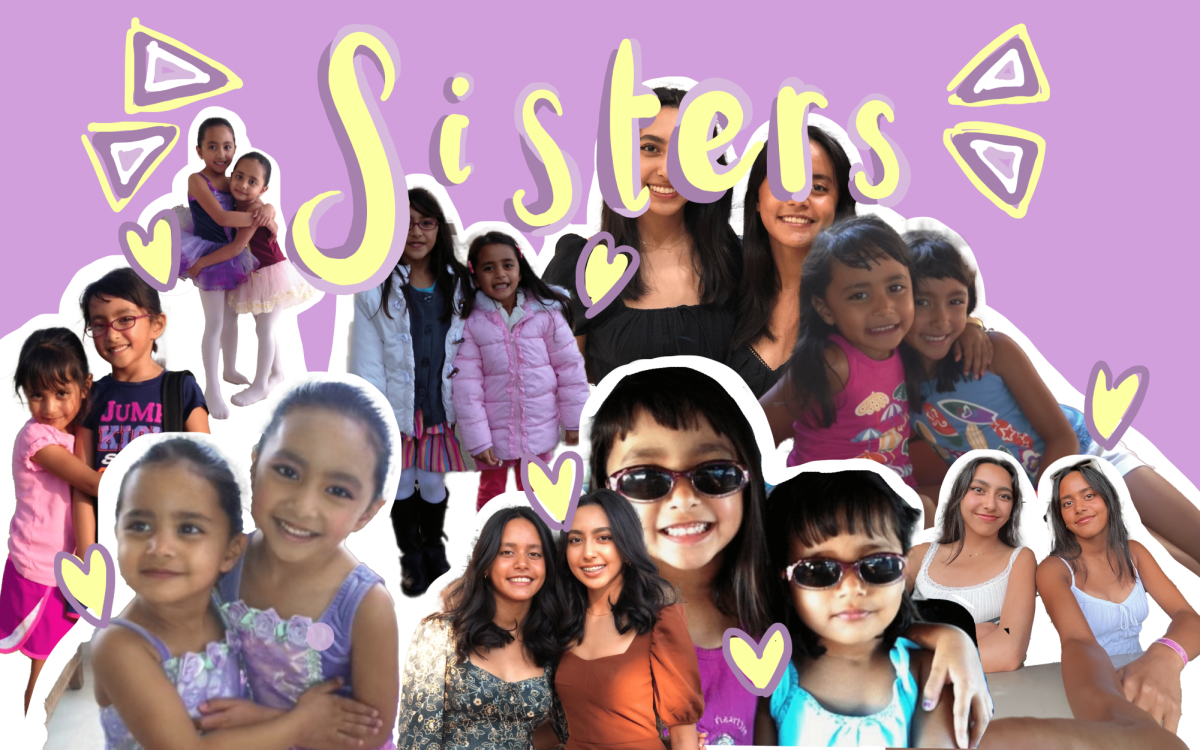
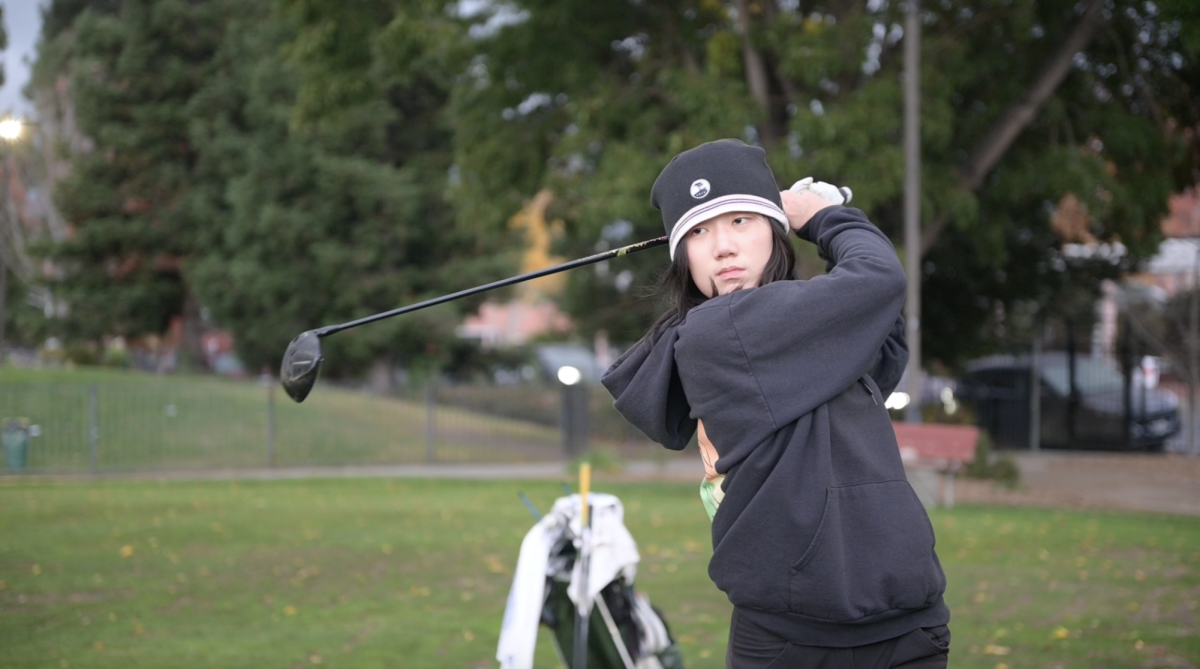
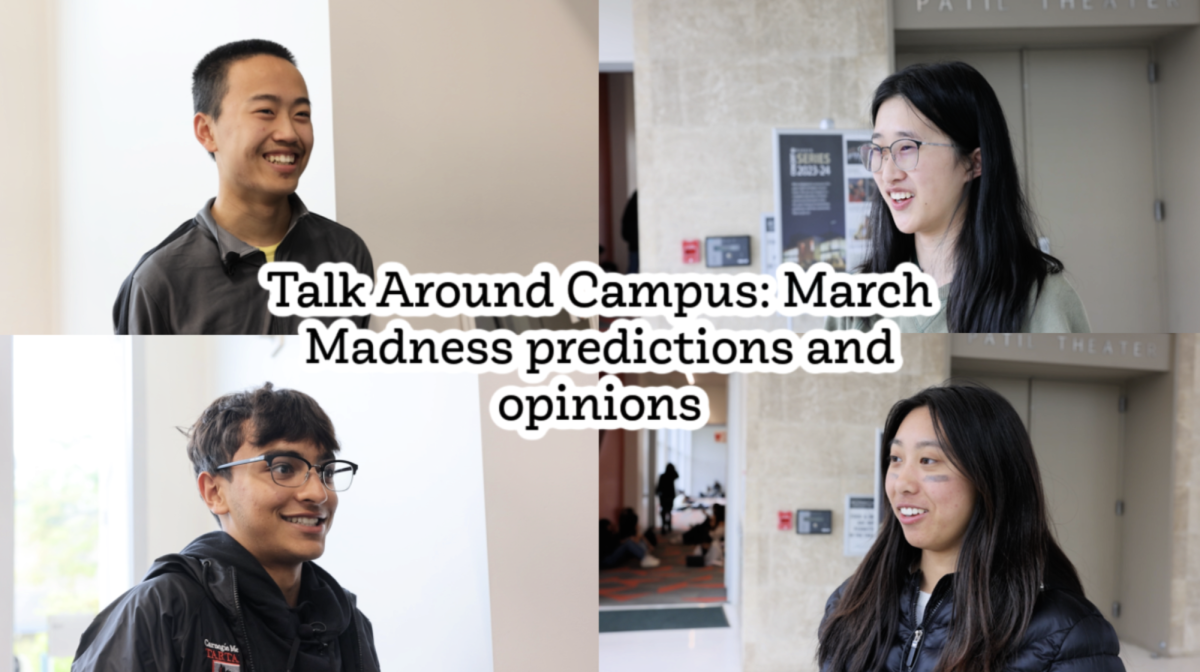
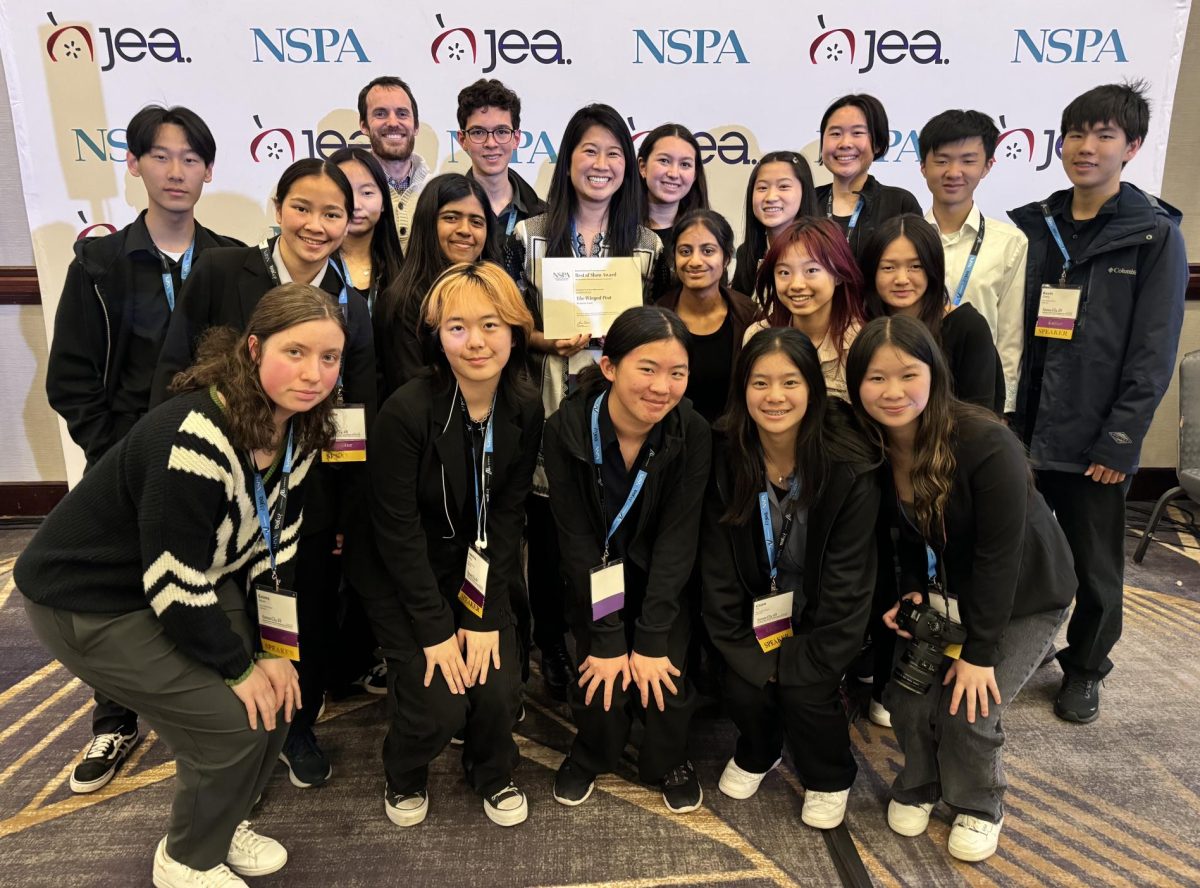




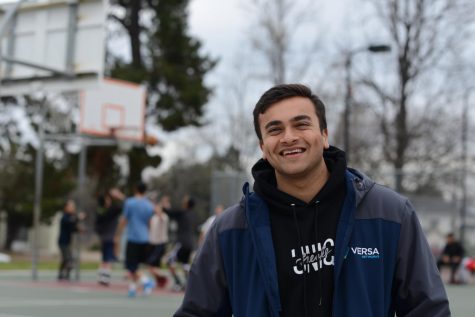
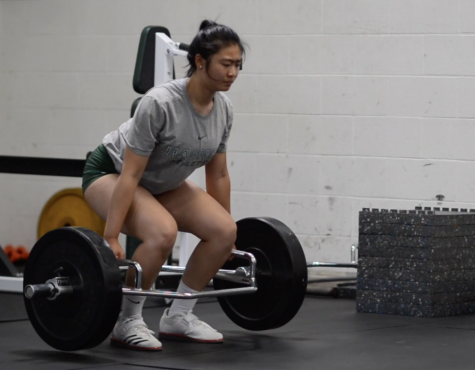

![“My slogan is ‘slow feet, don’t eat, and I’m hungry.’ You need to run fast to get where you are–you arent going to get those championships if you arent fast,” Angel Cervantes (12) said. “I want to do well in school on my tests and in track and win championships for my team. I live by that, [and] I can do that anywhere: in the classroom or on the field.”](https://harkeraquila.com/wp-content/uploads/2018/06/DSC5146-475x317.jpg)

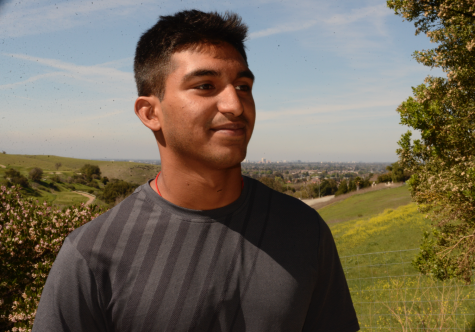
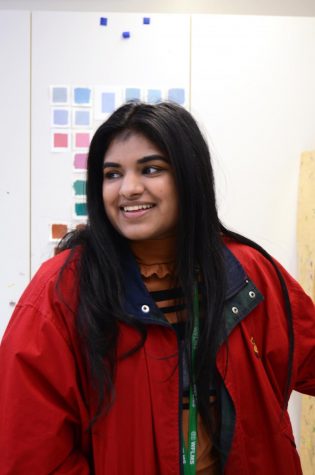
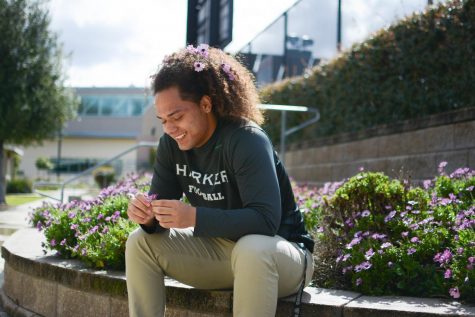
![“Most of our entire friend group played basketball in middle school,” Akshaya Vemuri (12) said. “And on one bus ride, we wanted to come up with names for each other that were related to a family. Everyone has their unique identity in the group, and we kind of use their nickname to identify them. [Meena Gudapati (12)] was just writing down a ton of nicknames for me, and she started calling me ‘Akla’ after ‘baklava’ and just shortened it.”](https://harkeraquila.com/wp-content/uploads/2018/06/AkshayaVemuri-MK-475x340.jpg)